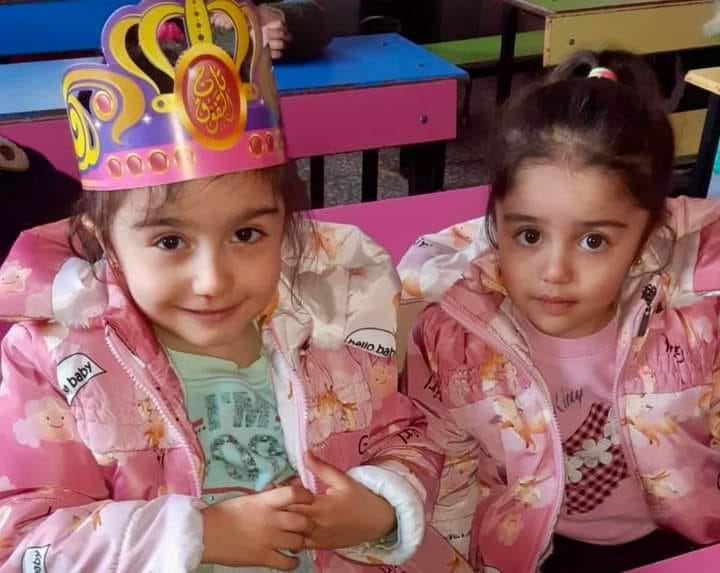The Jordanian Airstrikes On Orman in Suwayda': Interview
As part of the wider normalisation between Syria and Arab states, one of the concerns raised by the latter has been the ongoing smuggling of drugs (captagon in particular) from Syria to the wider region. Of these Arab states, it is Jordan that seems most concerned about the matter, as its security forces have engaged in hostilities along the border to prevent captagon smuggling. In other words, the ongoing production and smuggling of captagon are seen by Jordan as a threat to its national security.
Demonstrating its commitment to combating the perceived threat, the Jordanians have now gone so far as to launch airstrikes on Syrian territory on more than one occasion, hitting targets allegedly involved in drug production and smuggling. The most recent of these incidents was an overnight strike on 18 January that principally hit the locality of Orman, which is located in the primarily Druze province of al-Suwayda’, southeast of the provincial capital bearing the same name and quite close to Syria’s border with Jordan.
As documented by local reporting not affiliated with the Syrian government, the casualties in this instance appear to have been civilians with no demonstrable connection to drug smuggling and production. Even so, several days passed with not a word from official Syrian state media (which nonetheless continually like to point to Palestinian civilian deaths and casualties resulting from Israel’s ongoing military operations in Gaza).
Only today has a statement come from Syria’s Foreign Ministry in somewhat reserved terms, expressing “great sorrow” about the Jordanian strikes and emphasising that “there is no justification for the likes of these operations inside its territory,” but also rather cryptically saying that Syria is trying to “contain them [these operations] out of a keen desire on its part not to create tension or affect the continuation of restoration of brotherly relations between the two countries.” The statement goes on to claim that the Jordanian strikes go contrary to what was agreed between the two sides about cooperation to combat criminal activity and drug smuggling. Even so, the statement expresses hope that Syria and Jordan can work together and cooperate in the interests of the two countries.
The statement’s tone and the prior official silence would suggest that the Syrian government was acquiescent in allowing Jordan to conduct strikes against alleged drug smugglers and producers, provided these strikes did not hit the wrong targets. Only now that the latest strikes have caused a number of civilian casualties with no clear link to drug smuggling has the government been compelled to respond, and even then only in a rather muted way, because the Syrian government feels itself to be in desperate need of improving ties with Jordan in a bid to break its wider international isolation and ease the economic crisis that has seen the Syrian pound drop to record low values.
Amid a lack of economic recovery, there are still incentives for actors in government-held Syria to engage in drug production and smuggling, and genuinely cracking down on the problem is as illusive as combating corruption in Iraq. Clearly also, from Jordan’s perspective, there is little meaningful evidence that normalisation of relations between Syria and Arab states has brought about meaningful reductions in the problem of drug smuggling and production,
Below is a brief interview conducted on 18 January with Abbas Abu Shahin of the local Orman armed group called Katibat Jalamid Orman (Boulders of Orman Battalion), which has been traditionally been government loyalist in its orientation.
Dima and Farah Turki al-Halabi (Dima on right, Farah on the left), two children who were killed in the Jordanian strikes on Orman. The other victims were: Nazih al-Halabi (a retired colonel), Turki Saleh al-Halabi, Omar Salman Talab, Amal Zayn al-Din (Omar Talab’s wife), Ittihad Talab, Iqbal Husayn al-Halabi, Fatin Sa‘id Abu Shahin (Turki al-Halabi’s wife and mother of Dima and Farah).


